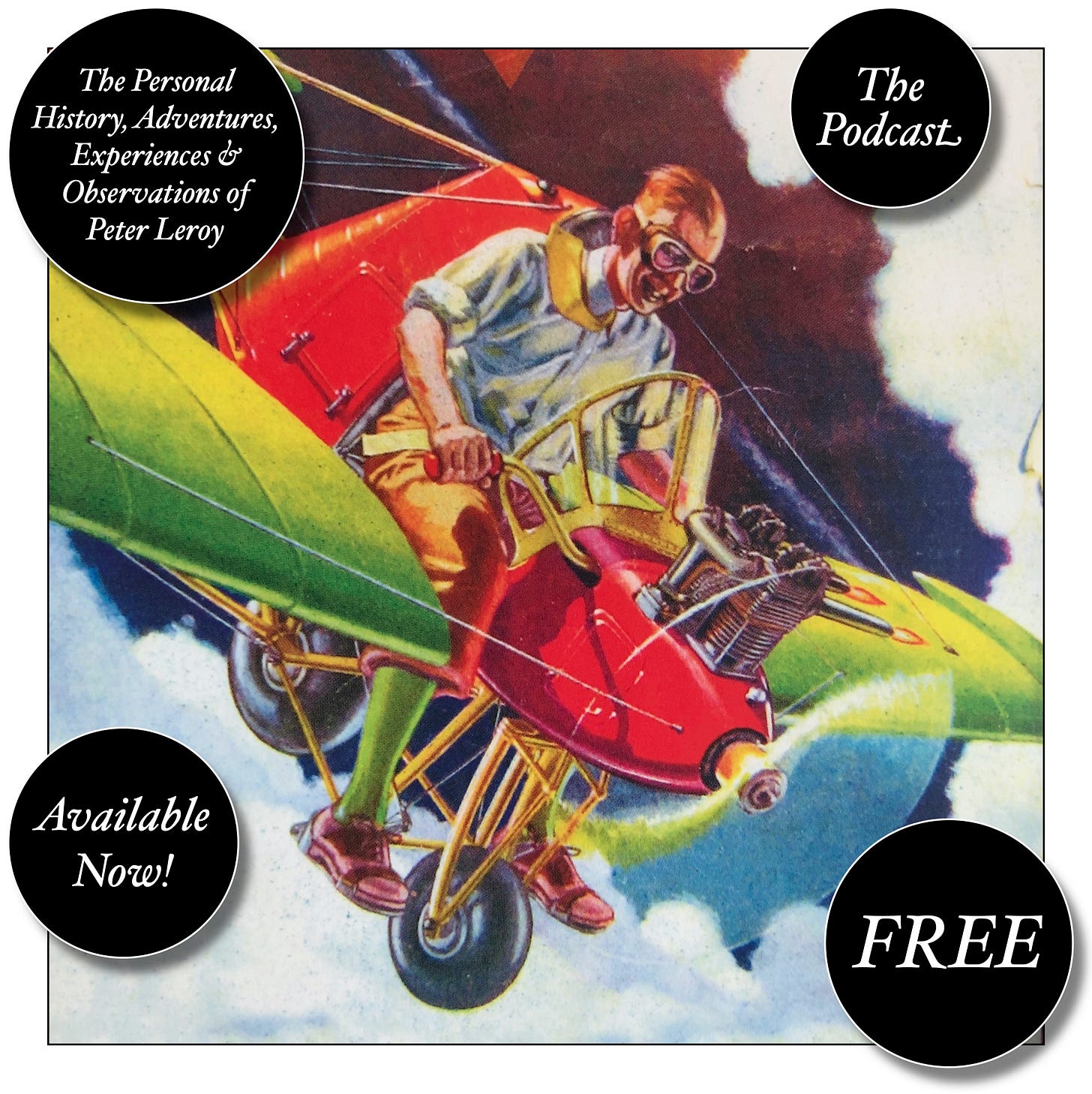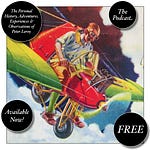DID LUTHER PLAN Lorna’s entire career as soon as he saw that she had talent, or did he improvise as he saw her talent and interest grow? No one can say with certainty, but I think he improvised. I suspect that Luther was too cautious about his coarse-goods work and too concerned about his standing in the family to have permitted himself even to imagine his brother’s daughter as an apprentice in coarse-goods making when he first recognized her talent at the age of four. On the other hand, he was too calculating a sort not to have considered from the start what an asset she could become, with the right training. In any event, Luther saw that she got that training. He moved her through every aspect of jewelry making at a quick pace, always in the direction of the more skilled, the more aesthetically demanding.
By the time she was sixteen, Lorna had become one of the best ivory carvers in Chacallit, which made her one of the best in the men’s jewelry business. The work required all the skills that Uncle Luther had taught her. The carvers sat around a circular table at the center of which was the archetype of the product that was currently required — a rampant lion, say — constructed by Luther, in papier-mâché, several times larger than what the carvers would produce. The ivory carvers would duplicate the archetype as precisely as they could in the form of, for example, insets for a set of shirt studs.
One afternoon, Uncle Luther came to the carving room and stood behind Lorna while she worked. He said nothing until the day’s work was done, and then he asked her to wait until the others had left. When they had, he picked up one of the pieces she had carved, looked at it closely, and sighed. “Lorna,” he said, “you are an astounding copyist. Do you know that?”
“I have a good eye,” she said.
“A good eye, a good hand, a good imagination. You seem to understand how to adjust the proportions in a miniature so that the apparent proportions of the original are preserved.”
“Thank you,” she said.
“Lorna,” he asked, looking into her eyes, “how would you like to carve human figures?”
Luther was taking a great risk in leading Lorna into the shadowy underworld of the men’s furnishings industry, but Lorna’s talent led him to believe that the rewards would be worth the risk. Events were to prove him correct. Lorna became as good at copying the human figure in ivory as she had been at copying lions and horses and such. Lorna’s work had more than precision; it had a warmth that came from the pleasure she found in the work itself. This pleasure had had its origin in Lorna’s desire to please Luther, to win his approval, to do work that was worthy of his approval, and some of that impulse remained, but far stronger now was the desire to please herself, to do difficult work and do it better than she had done it before, to do work that was worthy of her approval.
Luther had two reasons for thinking that Lorna was likely to be, and to remain, circumspect about the new work he gave her to do. First, he recognized the pleasure she took in the work itself, and he knew that she wouldn’t want to lose the opportunity to work at this level of her craft, the most challenging. Second, he knew that the Lorna who sat at home of an evening, in front of the fire, playing anagrams with her sisters and her mother, would be embarrassed by the subject of, the content of, the purpose of the work she did in the small room behind an unmarked door, where she and two other carvers sat at a circular table at the center of which was one of Luther’s oversized papier-mâché models of a naked woman and a naked man, intriguingly entangled. Luther thought that he had a third reason for trusting Lorna to be circumspect, but in this one he was wrong. He thought that he detected in Lorna signs of the awakening of a desire for him of the sort that Bertha felt.
In Topical Guide 251, Mark Dorset considers Art: Sculpture, Erotic from this episode.
Have you missed an episode or two or several?
You can begin reading at the beginning or you can catch up by visiting the archive or consulting the index to the Topical Guide.
You can listen to the episodes on the Personal History podcast. Begin at the beginning or scroll through the episodes to find what you’ve missed.
You can ensure that you never miss a future issue by getting a free subscription. (You can help support the work by choosing a paid subscription instead.)
At Apple Books you can download free eBooks of “My Mother Takes a Tumble,” “Do Clams Bite?,” “Life on the Bolotomy,” “The Static of the Spheres,” “The Fox and the Clam,” “The Girl with the White Fur Muff,” “Take the Long Way Home,” “Call Me Larry,” and “The Young Tars,” the nine novellas in Little Follies, and Little Follies itself, which will give you all the novellas in one handy package.
You’ll find an overview of the entire work in An Introduction to The Personal History, Adventures, Experiences & Observations of Peter Leroy. It’s a pdf document.














Share this post